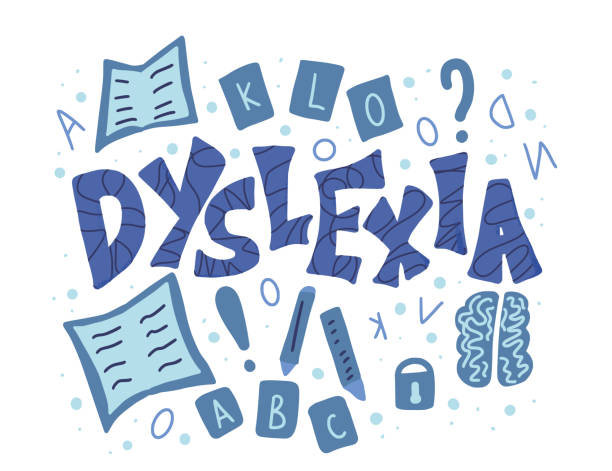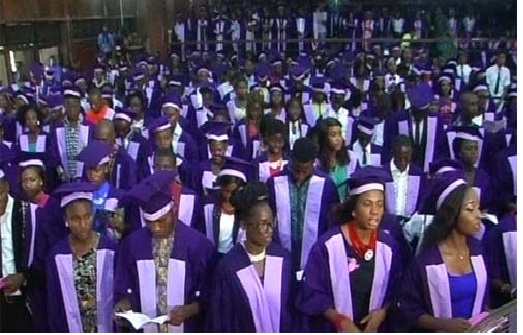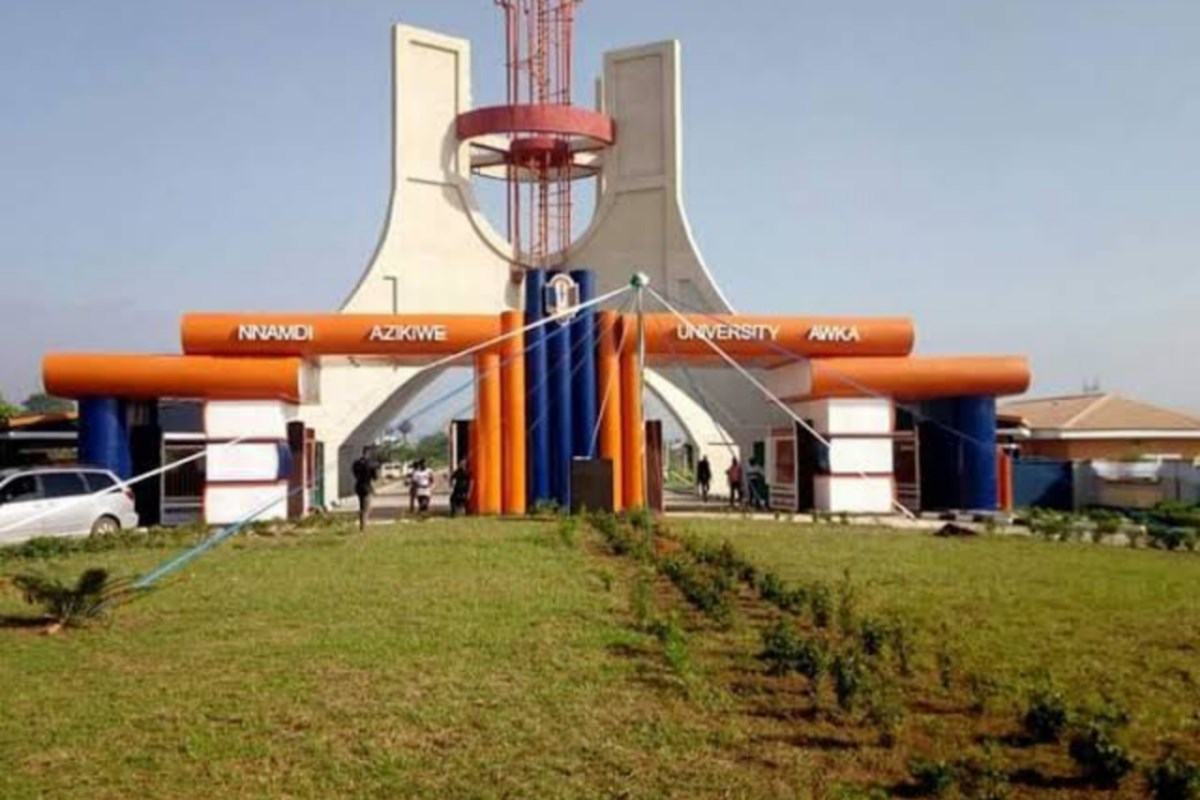Experts Advocate for Early Identification of Dyslexia in School Children


As Nigeria joins the rest of the world in observing Dyslexia Day 2024 today, specialists have emphasized the importance of early diagnosis and intervention to tackle dyslexia, a reading disorder that impacts millions of children worldwide.
The event was hosted by the Women Foundation for Improved Living Standards, in collaboration with Nwafor Orizu College Primary School in Anambra State.
During the event, Professor Ifeoma Udoye, Sub-Dean at the Faculty of Arts, Chukwuemeka Odumegwu Ojukwu University, emphasized the critical role early detection plays in managing the condition. She also outlined scientifically supported approaches to address dyslexia.
In her keynote speech, Prof. Udoye highlighted the need for parents and educators to monitor children closely for potential signs of dyslexia.
She detailed several strategies for identifying children who may be at risk, such as observing challenges in language development, including difficulty with pronunciation and rhyming, recognizing issues in connecting printed text with spoken language, and considering family history since dyslexia and other language-related issues may have a genetic component.
Prof. Udoye clarified that dyslexia is not a disease but a learning disorder that impairs a child’s ability to recognize and manipulate the sounds within language, thus affecting their reading and comprehension abilities.
She noted that dyslexia affects one in five children, and 80-90% of children with learning disabilities are dyslexic. Without proper diagnosis, many individuals carry this condition into adulthood.
The professor pointed out that dyslexia often remains undiagnosed, with academic difficulties being mistakenly attributed to low intelligence, lack of effort, or environmental factors. This misinterpretation can lead to poor self-esteem, anxiety, and depression in affected children.
Prof. Udoye stressed the significance of early intervention, citing studies that show 70% of dyslexic children who receive educational support in kindergarten or first grade become strong readers and often excel in other areas.
She called on government agencies, policymakers, parents, and teachers to work together in creating and implementing policies that address dyslexia nationwide.
Hon. Obiora Nwachukwu, Senior Special Assistant to the Anambra State Governor, commended the efforts of the event organizers and stressed the importance of continuous public education campaigns to reduce the stigma surrounding dyslexia.
He also assured attendees that the Anambra State Government is committed to tackling dyslexia in schools.
Mr. Ezenwanne Obinna, another speaker, discussed the widespread nature of dyslexia in Nigeria, stating that 32 million Nigerians, including schoolchildren, are affected by the condition, with a genetic inheritance rate of 30-50%.
He also emphasized that dyslexia does not prevent individuals from succeeding, citing examples of successful figures such as entrepreneur Richard Branson, journalist Anderson Cooper, and actress Jennifer Aniston.
The event featured cultural displays and performances by students from Nwafor Orizu College’s Primary School.







